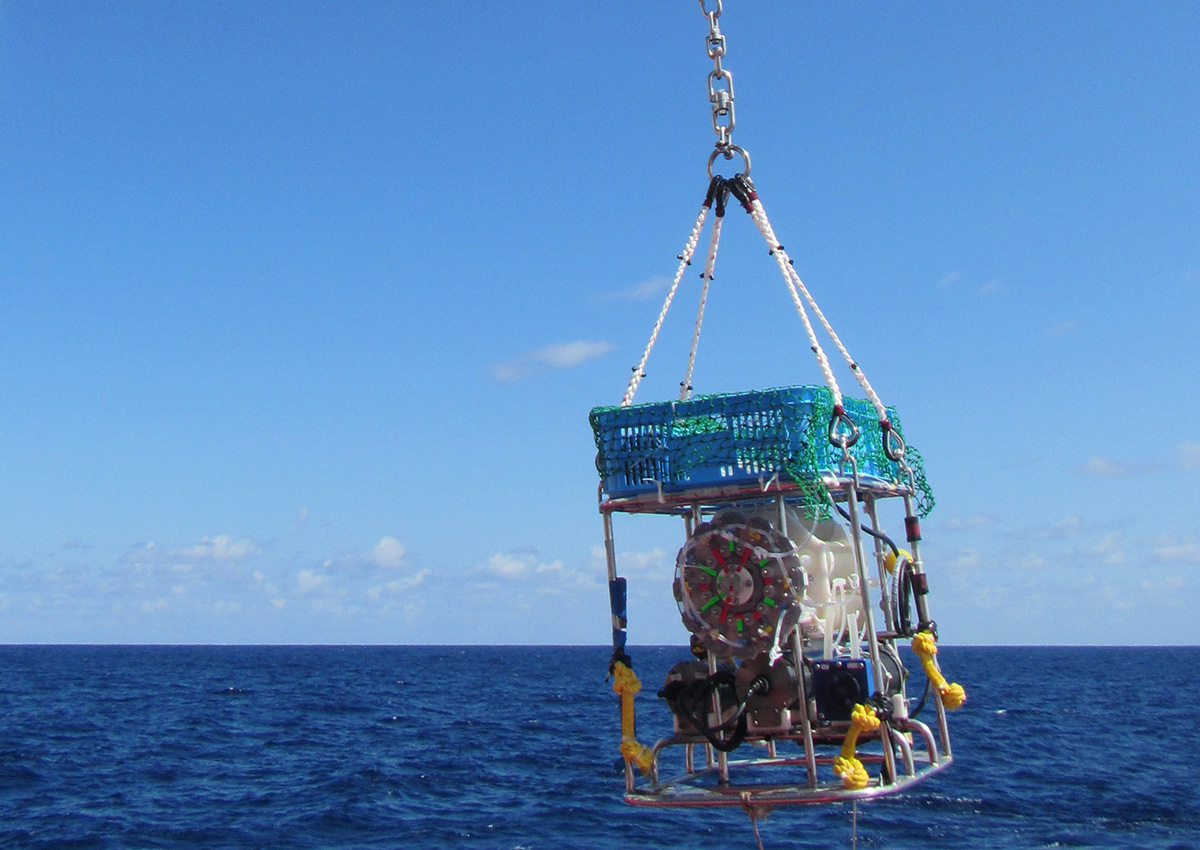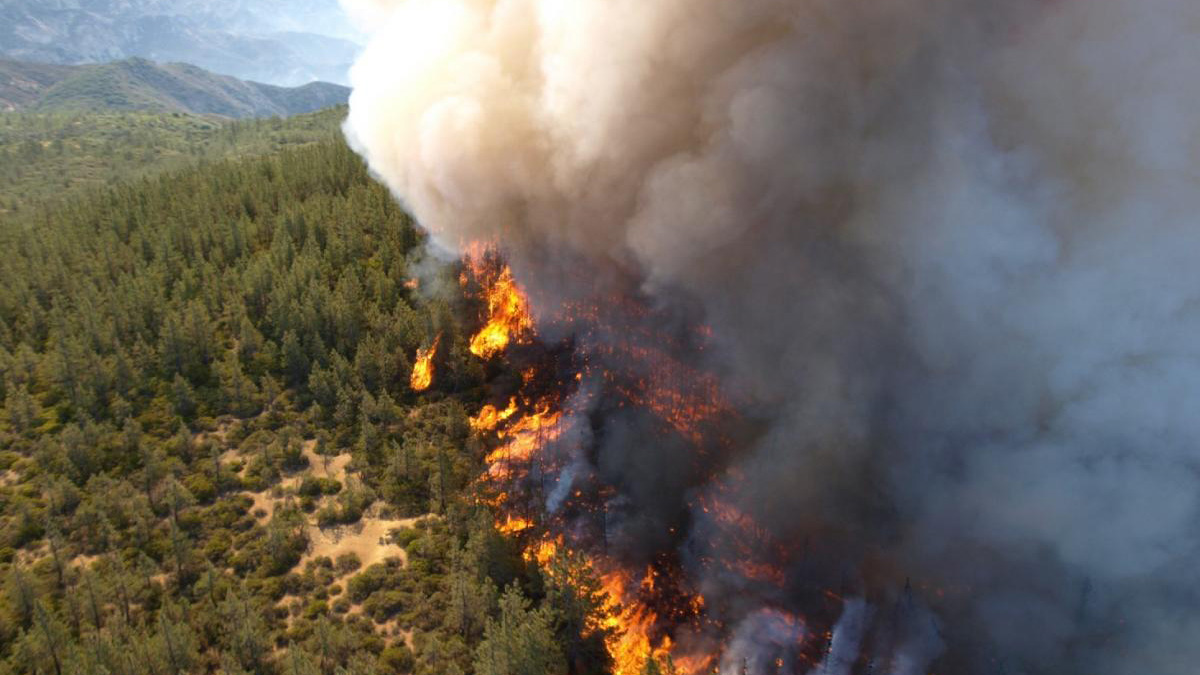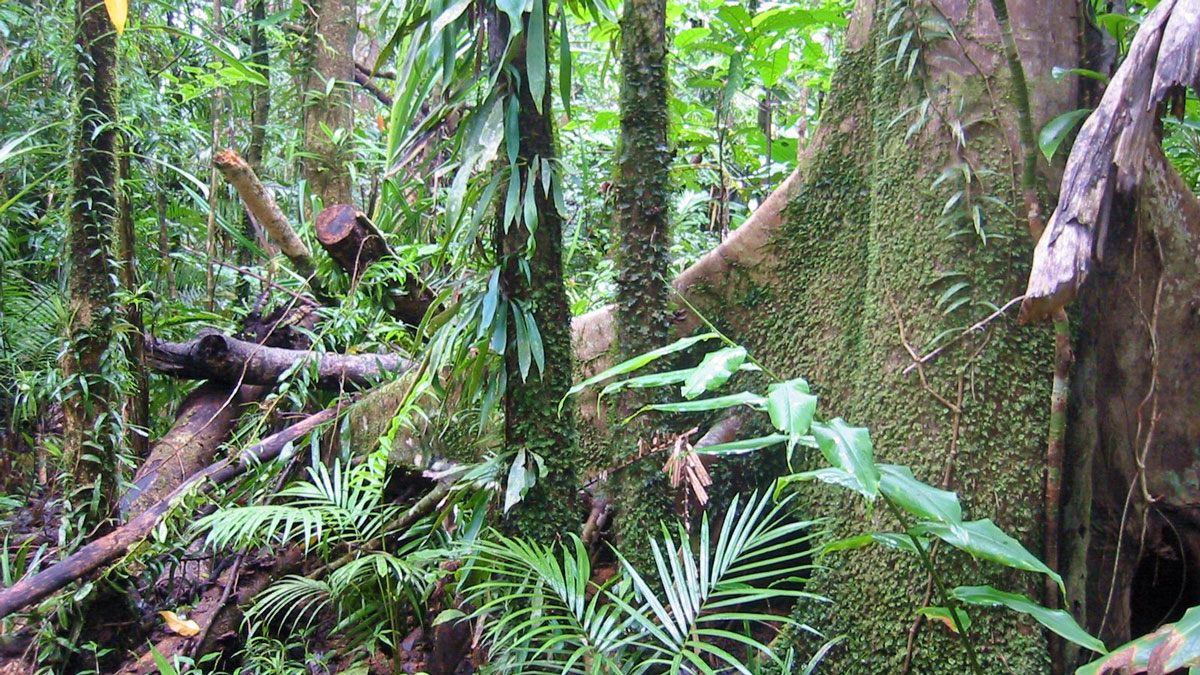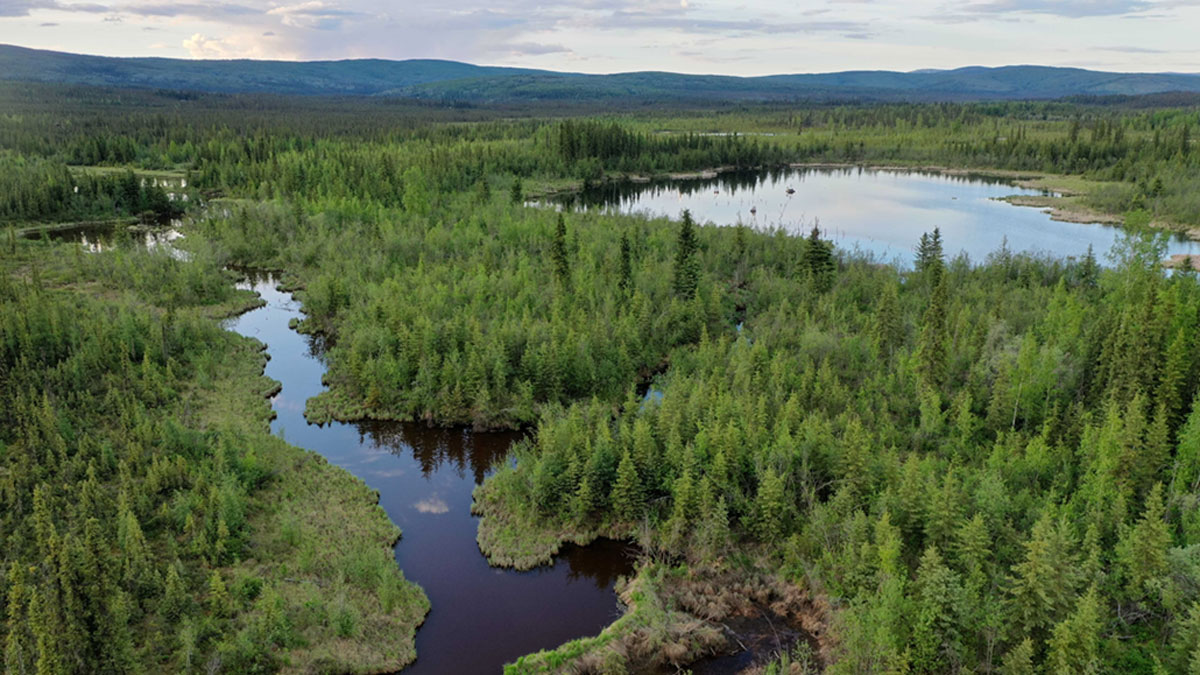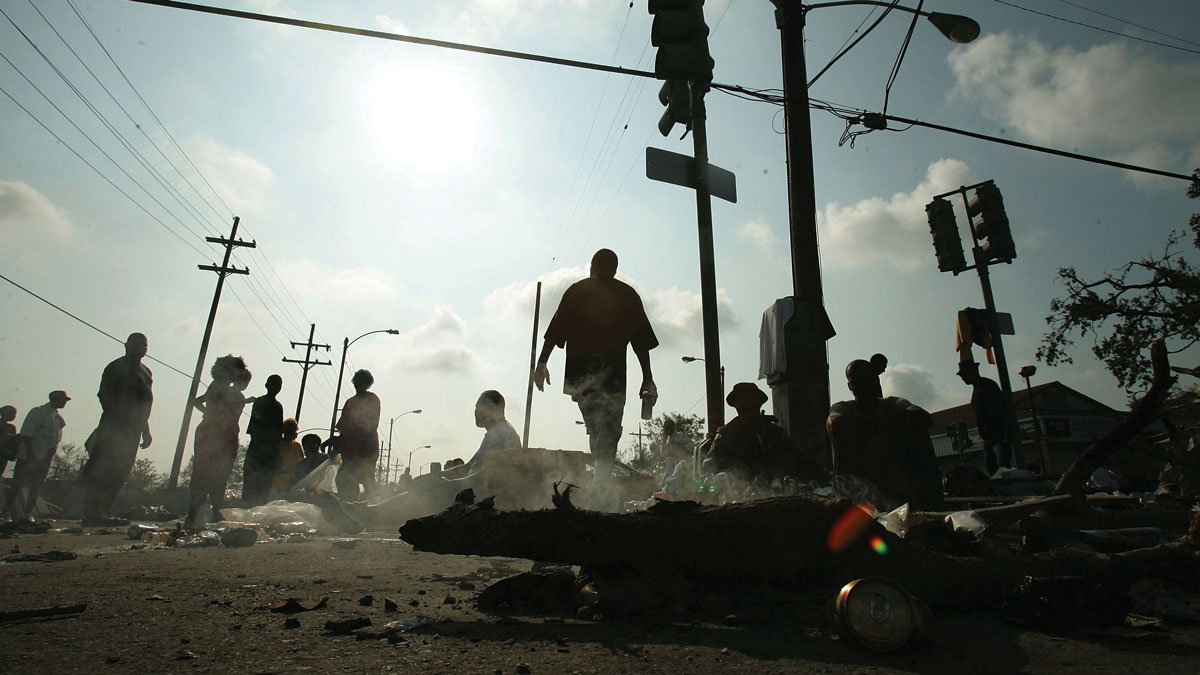La presión extrema que existe en el mar profundo reduce el apetito de los microorganismos por carbono orgánico. Este hallazgo podría tener implicaciones importantes en la geoingeniería y el balance de carbono global.
Climate Change
Using Cave Formations to Investigate Ancient Wildfires
From sediment cores to speleothems, environmental archives are helping us to understand the history of wildfires.
Climate Change, Megafires Crush Forest Regeneration
High-intensity fires in western states kill mature trees and their seeds while warmer, drier conditions stress seedlings. But forest managers can still intervene to change this trajectory.
Carbon Sink Models Need Nitrogen
If terrestrial biosphere models don’t include nitrogen, they will overestimate carbon sequestration.
Carbon In, Carbon Out: Balancing the Ocean’s Books
Scientists have developed a consensus guide of standard protocols for how best to measure oceanic primary productivity, a key component in Earth’s carbon cycle.
Hunting for Methane Hot Spots at the Top of the World
A visit to an Alaskan wetland with some of the world’s highest lake marsh methane emissions brings scientists one step closer to understanding the phenomenon.
Food Production Could Add 1°C of Global Warming by 2100
A new study teases apart greenhouse gas emissions from agriculture, showing how the food we eat heats up the world.
The Mental Toll of Climate Change
Researchers are more quickly acknowledging the many ways in which the global climate crisis is affecting our mental health.
Redefining “Glacial Pace”
As Earth’s climate warms, glaciers and ice sheets are retreating, cracking, and adding to sea level rise at record speeds.
Climate Change Knocks It Out of the Park
A climate curve ball: Short-term gains in home runs might soon give way to long-term problems when it gets too hot to play.

